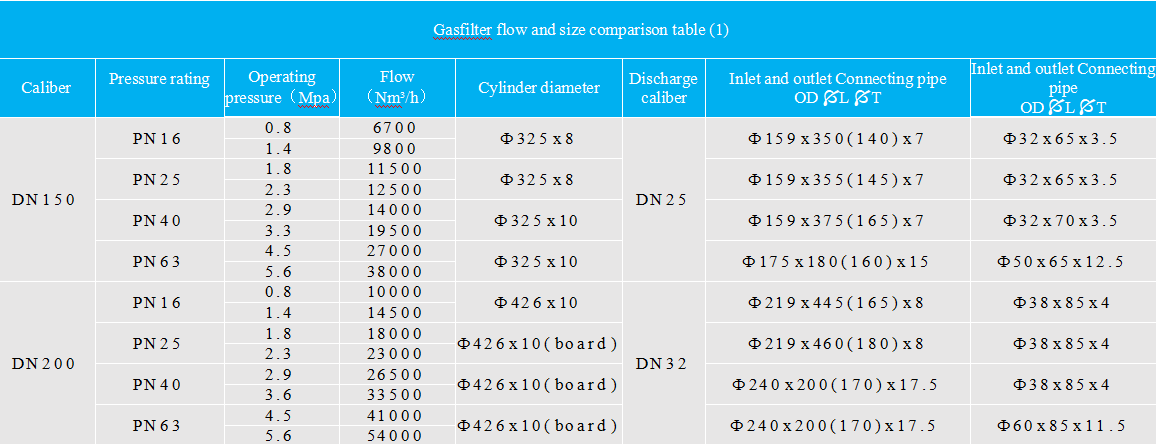
Jul . 29, 2024 22:51
Back to list
Understanding the Importance and Functionality of Safety Valves in Industrial Applications
The Importance of Safety Valves in Industrial Applications
Safety valves play a crucial role in ensuring the safe and efficient operation of various industrial systems. These devices are designed to prevent excessive pressure build-up by providing a reliable means of pressure relief, thereby protecting equipment and personnel from potential hazards. In industries such as oil and gas, chemical manufacturing, and power generation, safety valves are indispensable components that contribute to overall system safety.
A safety valve functions by automatically releasing pressure when it exceeds a predetermined limit. This limit is set according to the design specifications of the equipment it protects, ensuring that the system can operate within safe parameters. When the pressure within a vessel or pipeline rises beyond this threshold, the safety valve opens, allowing excess pressure to escape, and then closes once the pressure returns to a safe level. This automatic response helps to prevent catastrophic failures, such as explosions or equipment damage, which can have devastating consequences.
One of the key features of safety valves is their ability to operate reliably under various thermal and pressure conditions
. They are often manufactured from robust materials that can withstand extreme environments, including high temperatures and corrosive substances. This durability is essential, as safety valves must function correctly at all times, even during unexpected events such as equipment malfunctions or rapid pressure changes.safety valve

In addition to their mechanical reliability, safety valves must also be properly sized and installed to ensure effectiveness. An inadequately sized safety valve cannot adequately relieve pressure, leading to increased risk. Conversely, an oversized valve may open too frequently, resulting in inefficiencies and unnecessary wear. Therefore, proper engineering and regular maintenance are vital to ensure that safety valves perform their intended function.
Moreover, regular testing and inspection of safety valves are critical for maintaining safety standards in industrial operations. Many organizations adhere to specific guidelines and regulations, such as those outlined by the American Society of Mechanical Engineers (ASME), which set forth standards for the design, manufacturing, and testing of safety valves. By conducting routine checks and maintenance, industries can ensure that their safety systems are effective and compliant with safety regulations.
Another important aspect of safety valves is their role in risk management. Companies that invest in high-quality safety valves and rigorous maintenance programs can significantly reduce the likelihood of accidents. Properly functioning safety valves enhance operational reliability, reducing downtime and increasing productivity, which ultimately has a positive impact on the bottom line. Thus, safety valves not only protect against hazards but also contribute to economic efficiency.
In conclusion, safety valves are a fundamental component of many industrial systems, offering essential pressure relief to prevent dangerous situations. Their reliability, durability, and proper maintenance are paramount for ensuring both personnel safety and equipment integrity. As industries continue to evolve and technology advances, the design and function of safety valves will also adapt, maintaining their critical role in safeguarding industrial operations. Investing in high-quality safety valves and adhering to rigorous testing and maintenance protocols is not just a regulatory obligation; it is a commitment to safety and excellence in industrial practice.
Latest news
-
Safety Valve Spring-Loaded Design Overpressure ProtectionNewsJul.25,2025
-
Precision Voltage Regulator AC5 Accuracy Grade PerformanceNewsJul.25,2025
-
Natural Gas Pressure Regulating Skid Industrial Pipeline ApplicationsNewsJul.25,2025
-
Natural Gas Filter Stainless Steel Mesh Element DesignNewsJul.25,2025
-
Gas Pressure Regulator Valve Direct-Acting Spring-Loaded DesignNewsJul.25,2025
-
Decompression Equipment Multi-Stage Heat Exchange System DesignNewsJul.25,2025

